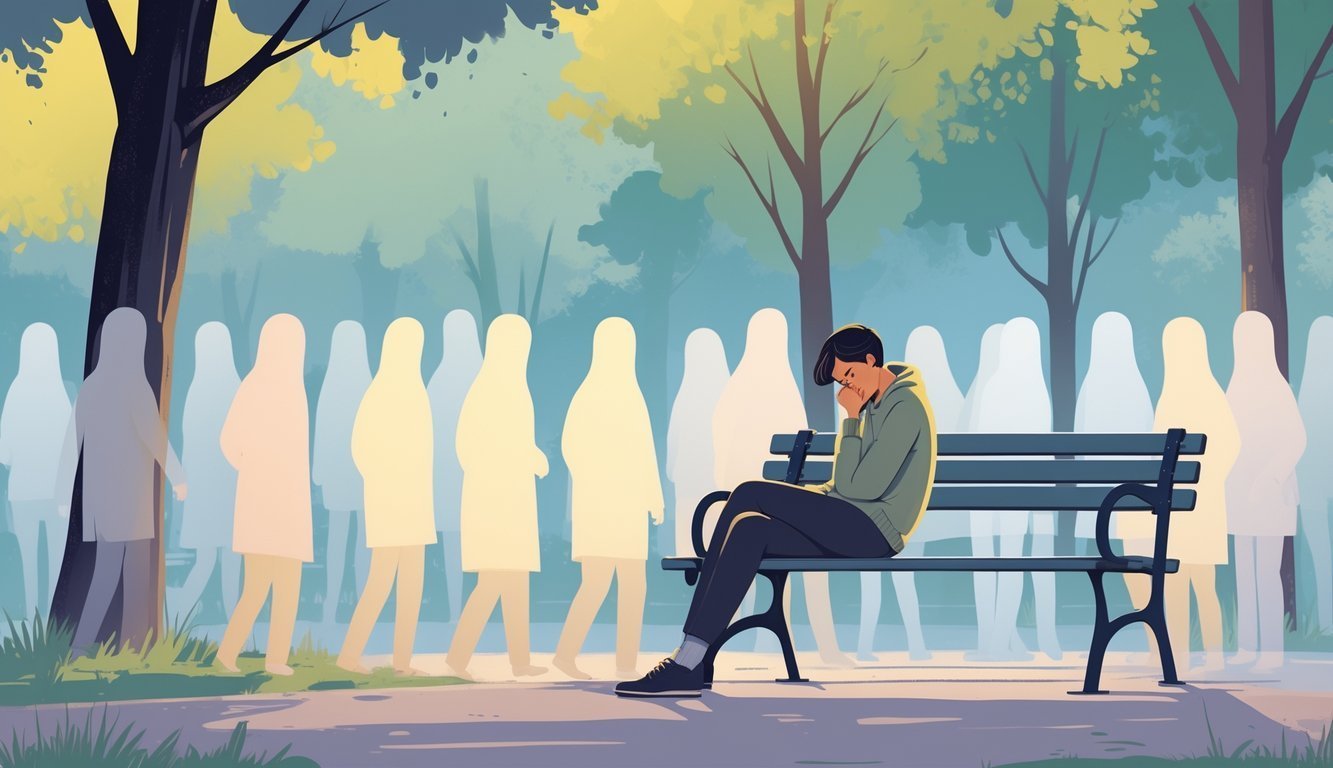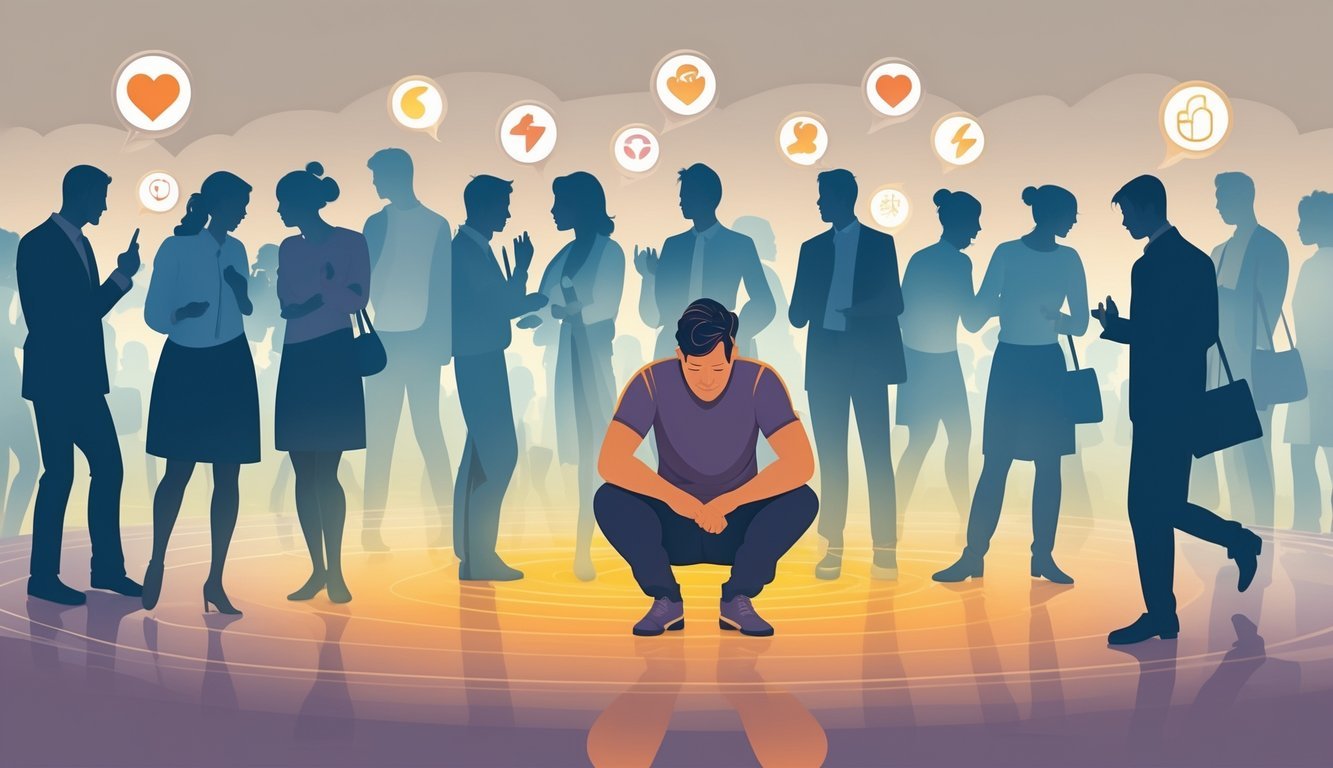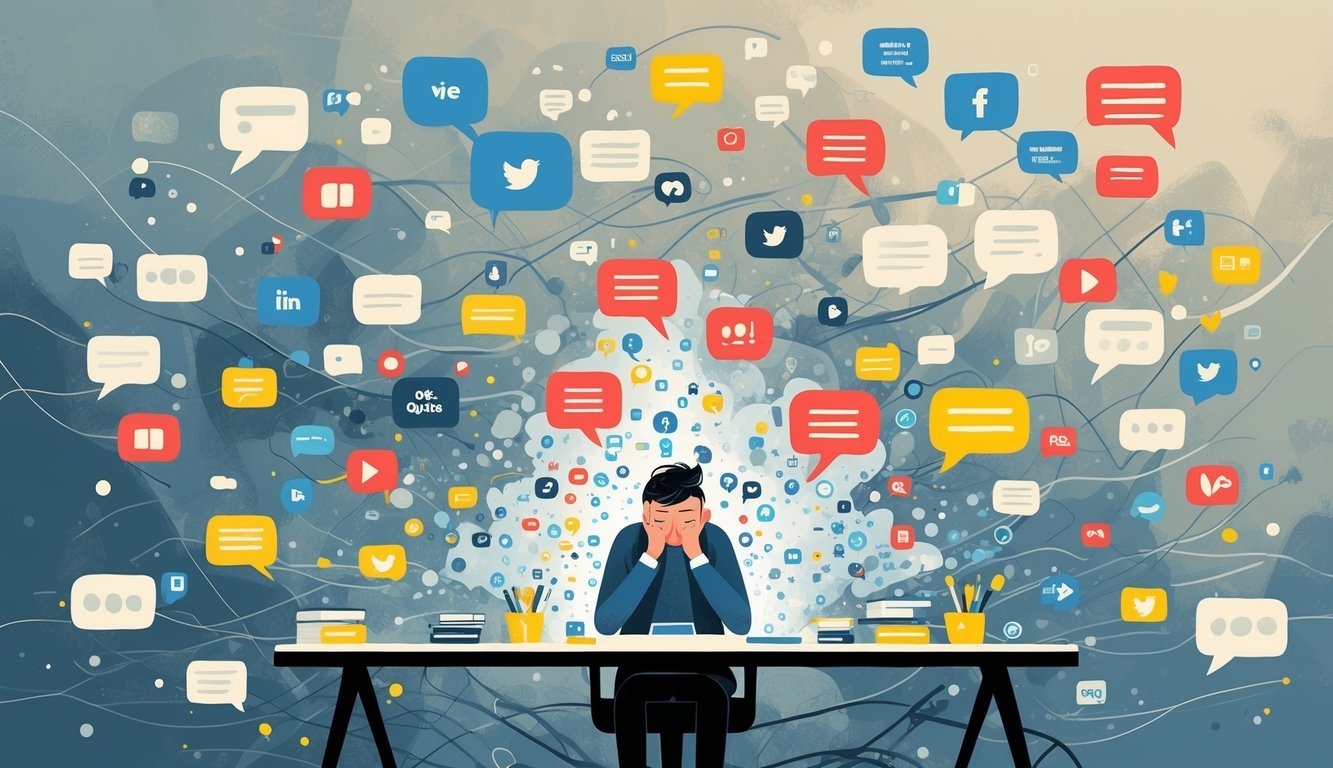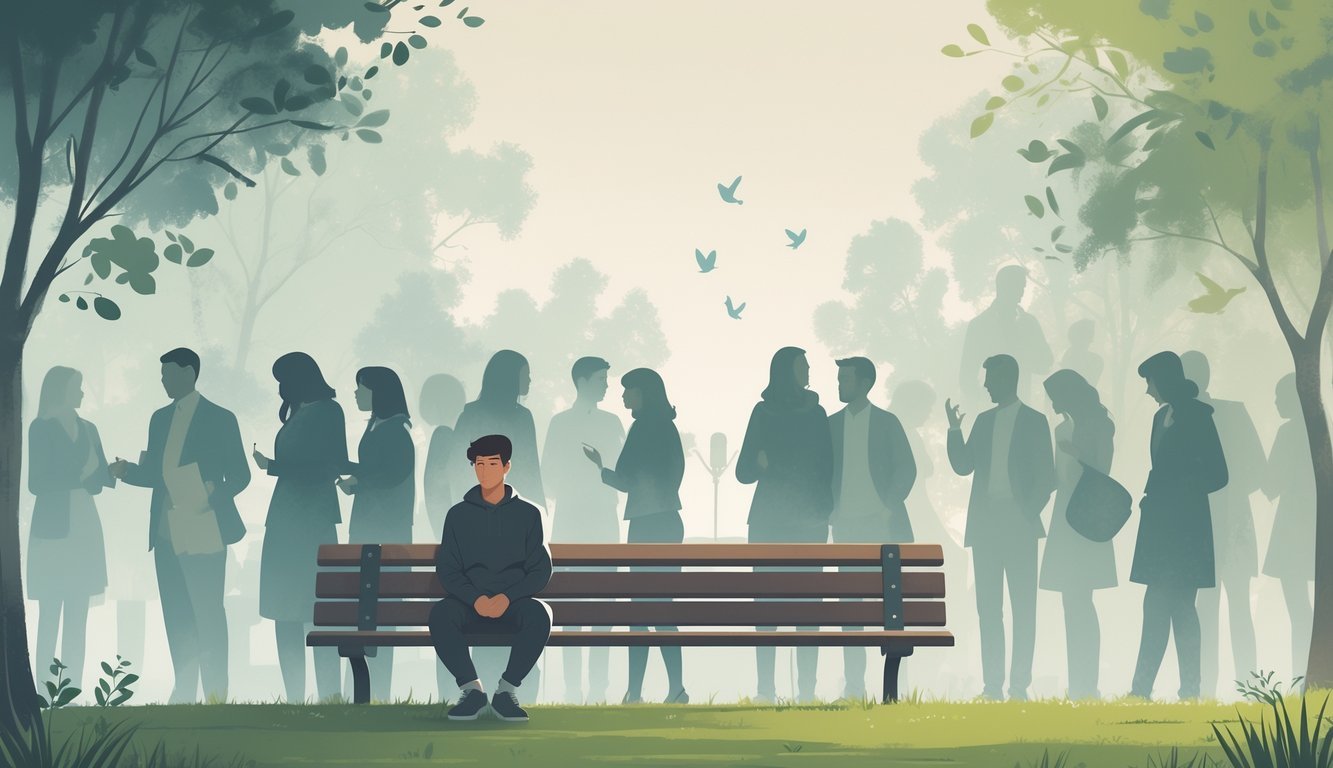PsychNewsDaily Publishers
100 Summit Drive
Burlington, MA, 01803
Telephone: (320) 349-2484
PsychNewsDaily Publishers
100 Summit Drive
Burlington, MA, 01803
Telephone: (320) 349-2484
Excessive social interaction can increase stress, worsen mental health, and disrupt sleep, particularly affecting adolescents, college students, and older adults. Quality social time is essential for well-being.

Most people figure that spending lots of time with others is always a good thing. But too much social contact can actually raise your stress levels and harm your health. If you’re always chasing after social plans or trying to meet new people, you might end up feeling worn out and less creative.
Not all social time feels the same. Quality usually beats quantity.
If you push yourself to be around people nonstop, your energy can drain fast. It’s worth noticing how socializing really makes you feel so you can find that sweet spot.

Spending endless hours with others affects both your mind and body. You might notice your anxiety creeping up, your sleep getting worse, or even your health slipping—especially if you’re a teen, student, or older adult.
When you’re surrounded by people all the time, feeling overwhelmed or stressed is pretty common. Anxiety and depression can get worse because you lose chances to recharge by yourself.
Negative conversations or conflicts hit harder when you have no time to recover. Social overload can fry your brain, leaving you exhausted or irritable. Mood swings and emotional fatigue are more likely when you skip solo time.
If you’re socializing late or packing your day with people, your sleep can take a hit. Bad sleep leads to headaches, slow reactions, and that never-ending tired feeling.
Over time, this cycle of stress and lousy rest can really mess with your body. Too much social stress raises your risk for heart disease, stroke, and even diabetes. Your body needs downtime to heal, and constant socializing steals that.
Teens, college students, and older adults seem especially sensitive to social overload. Young people face peer pressure and can slip into anxiety or depression from too much social time.
Older adults can get exhausted, which drags down both their physical and mental health. When they feel pressured to keep up with social demands, their well-being suffers.
| Group | Key Risks | Common Issues |
|---|---|---|
| Adolescents | Social pressure, anxiety | Depression, mood swings |
| College Students | Stress, overload | Poor sleep, anxiety |
| Older Adults | Fatigue, health decline | Cardiovascular problems, stroke |

Scrolling through social media for hours can really mess with your mood. You might feel an urge to check Facebook, Instagram, or Snapchat way too often.
This habit changes how you see yourself and how you connect with others. It’s easy to lose track of what’s real.
When you use social media, that little burst of dopamine feels good. The more you use it, the more you want it.
Before you know it, you’re reaching for your phone nonstop. If you can’t check your apps, you might get restless or irritated—classic withdrawal. Gen Z deals with this a lot since they grew up online.
Your attention span can shrink, making it tough to focus on anything else. That’s not exactly great for getting things done.
Social media usually shows everyone’s highlight reel, not their real life. Comparing yourself to that can tank your self-esteem.
“Facebook envy” is a real thing and can leave you feeling lonely or left out. Even though you’re technically connected, it’s not always genuine support.
When online chats don’t fill your need for real connection, you might feel even more isolated. Stress hormones like cortisol can spike, and that’s not great for your mood.
Social media can mess with your real-life relationships. You might skip time with family or friends or find it awkward to talk face-to-face.
Those constant notifications? They break up conversations and make it harder to listen. Watching others online can also lead to misunderstandings or even mistrust.
Depending too much on online support can weaken your bonds in the long run. You might notice it gets harder to read emotions or express yourself the way you used to.

Too much socializing can shift your mood, raise your stress, and change how you see yourself. It’s worth spotting the signs that you’re overdoing it and learning how to strike a better balance.
You might start feeling tired before you even head out. Stress can pile up, and alone time gets hard to find.
Constant distractions might make it tough to focus or check in with your own thoughts.
Being around people nonstop burns through your energy. After a while, you just want to be alone.
Your brain needs breaks from all the social stuff, otherwise you’ll feel drained.
Too much social time ramps up stress and anxiety. You might feel out of touch with your own needs and emotions.
Sometimes, sleep gets worse or your mood dips.
Long-term over-socializing can boost your risk for stress-related health problems. You might lose the ability to enjoy your own company or chase your own interests.
Burnout can sneak up on you if you never take breaks.
Set limits on how often you meet up with people. Take breaks to recharge on your own.
Notice how you feel before and after social events, and don’t be afraid to change your plans if you need to.
Yeah, pulling back a bit can really give you a chance to unwind. You get more time for yourself, which honestly feels pretty great.
You’ll probably notice your stress levels drop. Your mood might even lift.
And when you do hang out with people, you might find you actually enjoy it more since you feel more refreshed.